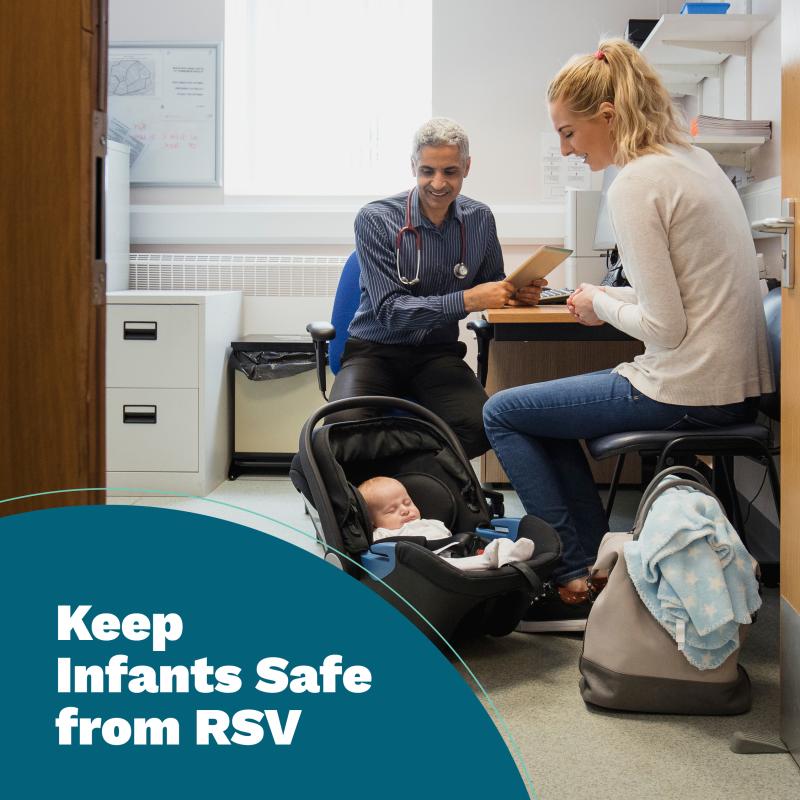This month, Virginia Gay Hospital is joining forces with the Iowa Department of Health and Human Services (Iowa HHS) to raise awareness about the risks of respiratory syncytial virus (RSV) and encourage Iowans to talk with their healthcare providers about vaccines available to protect against serious illness. Each year, RSV leads to thousands of emergency department visits and hospitalizations, particularly among infants, young children, older adults and individuals with weakened immune systems.
RSV can cause severe complications, but vaccines offer a critical opportunity to reduce illness and save lives.By talking to your healthcare provider, you can ask questions and learn which vaccines are recommended for you and your family, helping everyone stay healthy and safe.
The U.S. Centers for Disease Control and Prevention (CDC) recommends RSV immunizations for the following:
* Infants under 6 months old: A single-dose injection provides ready-made antibodies, protecting against severe RSV for several months.
* Children 8-19 months old: Children who are at increased risk for severe RSV and have not already received the antibody treatment should receive the RSV vaccine.
* Pregnant women: For expectant mothers in their third trimester (32 to 36 weeks), the RSV vaccine generates immunity that protects babies from RSV after birth.
* Adults 60 years of age and older: Seniors with weakened immune systems, chronic conditions like heart or lung disease or those in nursing homes face a higher risk of severe RSV and should talk with their healthcare providers to see if the RSV vaccine is right for them. All adults aged 75 and older should get the RSV vaccine.
RSV primarily spreads through contact with mucus, saliva or respiratory droplets from someone infected. People can also contract RSV by touching a contaminated surface. Symptoms typically develop within four to six days of exposure and often appear gradually. Common symptoms include a runny nose, loss of appetite, coughing, sneezing, fever and wheezing. RSV can also cause more severe illnesses, such as bronchiolitis (inflammation of the small airways in the lungs) and pneumonia (infection of the lungs).
Iowans should speak with their healthcare providers or visit the CDC website for more information about RSV and the vaccines available to prevent it.

Comments
Submit a CommentPlease refresh the page to leave Comment.
Still seeing this message? Press Ctrl + F5 to do a "Hard Refresh".